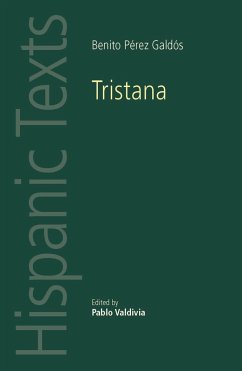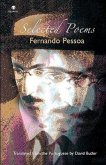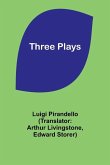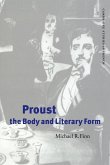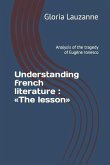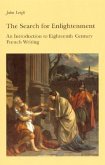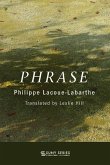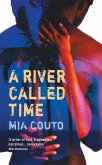In Galdós' Tristana flourishes the contradictory world of the Spanish fin de siècle. The conflictive triangle of human relations created by the characters of Don Lope, Horacio and Tristana is driven by the common denominator of the frustration that all suffer under the strict hypocritical conventions of the society of their time. This volume is the most complete edition of Tristana to date. It has been prepared taking into account not only the original manuscript but also the various interventions of editors and critics who have dealt with the novel. The book includes a glossary of contemporary reactions to the publication of the novel, a selected vocabulary, and a chronological table that will help the reader approach Tristana from a richer and more accurate perspective. Tristana engages with our current public debates on education and equality in parallel to the exploration of universal human drivers such as love, hate and power. The filmmaker Luis Buñuel, after his return to Spain from exile, chose Tristana for his next film as it revealed the contradictions and societal challenges of his time. Thanks to Buñuel and the quality of Galdós' prose, Tristana has become a modern classic which epitomises the repression of women, the quest for their emancipation and the importance of women's empowerment through education. Students and Lecturers of Hispanic Studies will find this book especially useful for the study of modern Hispanic narrative, Hispanic film studies and gender studies. An important range of fundamental issues and conflicts can be related to the novel, and the themes presented for discussion in class, along with the appendices, will trigger stimulating class debates and further readings.
Hinweis: Dieser Artikel kann nur an eine deutsche Lieferadresse ausgeliefert werden.
Hinweis: Dieser Artikel kann nur an eine deutsche Lieferadresse ausgeliefert werden.

